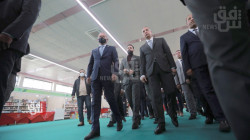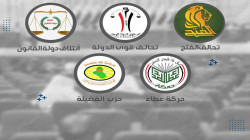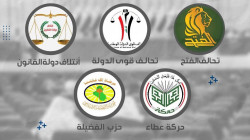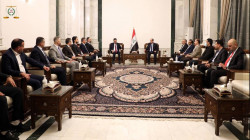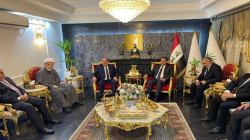Shiite Coordination Framework: bridging fissures amidst unsettled alliances in upcoming provincial council elections
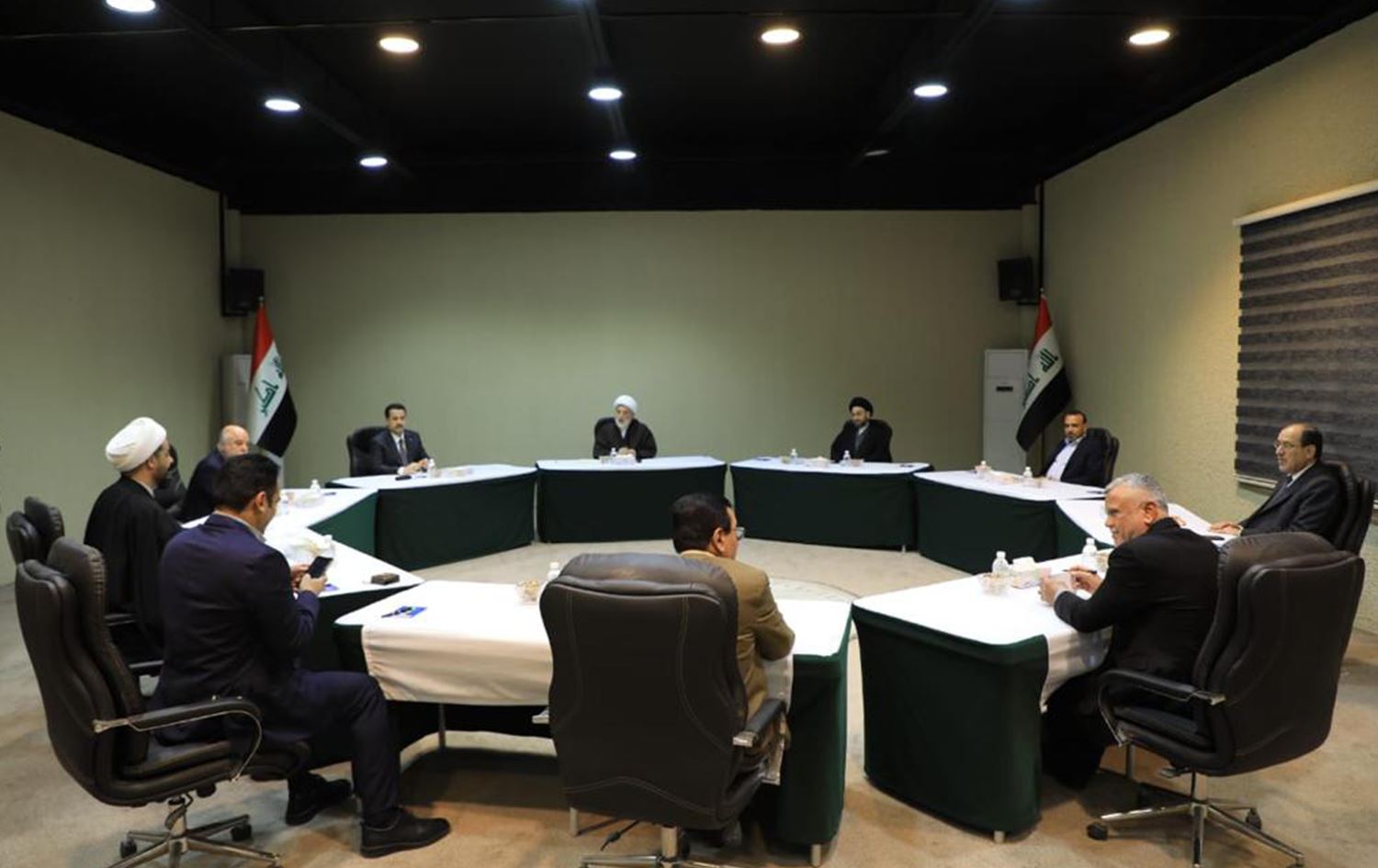
Shafaq News / In the lead-up to the Iraqi provincial council elections, set for November 6, 2023, political fissures have emerged, both across and within alliances. The intensifying candidate selection process has unveiled an intricate web of disagreements, underscoring the tenuous unity among the nation's major political players.
According to confidential informants, the Shiite Coordination Framework, a significant political conglomerate, appears destined to disintegrate during the forthcoming elections. It is foreseen that each political bloc within the framework will enter the race individually, eschewing a consolidated effort to distribute administrative roles post-election, thus questioning each faction's share of influence.
These frictions have seeped further, fracturing not only the Shiite Coordination Framework but also its constituent blocs. Informants exposed a significant falling out between Nouri al-Maliki, leader of the State of Law Coalition, and his deputy, Muhammad al-Sayhoud al-Sudani. Their rift has reportedly escalated to an exclusionary degree, dramatically reshaping the dynamics within the Coalition.
An authoritative insider reported that "Relations between al-Maliki and al-Sayhoud have irretrievably deteriorated, culminating in al-Sayhoud's expulsion from the State of Law Coalition. In the upcoming provincial council elections, al-Sayhoud will field his own candidates under the banner of the al-Furatain movement, independent from the State of Law Coalition."
The source further divulged, "Al-Maliki is actively searching for a successor from the al-Sudani tribe to fill the void left by Mohammed al-Sayhoud al-Sudani in the provincial council and parliamentary elections. It is anticipated that the State of Law Coalition will field 30 candidates in the provincial council elections in Baghdad."
The informant added that al-Sayhoud's replacement for the imminent House of Representatives elections has been identified, and will undergo intensive preparation in courses both within Iraq and abroad. Interestingly, this new entrant will not stand in the provincial council elections.
However, the source also indicated that al-Sayhoud's al-Furatain Movement is currently ineligible to participate in the provincial council elections, a fact that could have significant implications.
Meanwhile, sources close to the Shiite Coordination Framework contest these accounts, asserting instead that the Framework is experiencing a "positive period". They argue that the existing disagreements and decision-making processes around election endorsements reflect "a maturity of the situation and a deliberation to choose the best."
Aref al-Hamami, Prime Minister for the State of Law Coalition, provided a conciliatory perspective, suggesting a strategic rationale to the current disunity. "The Coordination Framework is composed of blocs from a single component, which participated and succeeded in the elections, and was established post-elections. The prevailing strategy is for the blocs within the Coordination Framework to contest the elections independently and unify following a victory, allowing each bloc to gauge its own size and electoral potency."
Al-Hamami addressed the contentious issue, arguing that "disagreements are commonplace within every party, bloc, and family, and they should not be considered disruptive, but rather a maturation of matters."
Elaborating on the internal structure of the blocs, al-Hamami revealed, "all blocs have committees that select specific individuals. In the State of Law Coalition, committees have been formed in all governorates, with an electoral office responsible for choosing candidates and presenting them to the provincial committees, before they are eventually submitted to Baghdad, and so on, through a series of referrals."
Sheikh Haider al-Lami, Leader of the State of Law Coalition, sought to dispel rumours of discord. "Promoting the existence of differences within the Framework forces or even within the State of Law since the withdrawal of the Sadrist Movement post-elections is a narrative I reject outright," he stated. He asserted that "the process of identifying key individuals is naturally marked by varying opinions and considerations, just like it is among all political parties in Iraq and across the globe."
Al-Lami countered the naysayers who predicted the fragmentation of the framework, arguing that it had demonstrated resilience against such predictions. He further dismissed rumours of disagreement over candidate selection, suggesting that "the framework proved otherwise" when it came to choosing ministers and general managers.
Regarding the upcoming provincial council elections, al-Lami explained, "the agreements reflect what we want and aspire to. This did not occur spontaneously, but rather as a consequence of the interdependence and synergy among political forces."
Dismissing the alleged conflict between al-Maliki and al-Sayhoud, al-Lami declared, "all such talk is purely misdirection. Al-Maliki is the leader of the State of Law Coalition, and al-Sayhoud remains a valued member, serving with us in parliament."
Independent politician A’aid al-Hilali, echoing the positive sentiment, affirmed that "the Coordination Framework is going through a positive period, and is striving to ensure the success of al-Sudani’s government."
He urged caution against attempts to "stir the waters within the coordination framework", particularly given the extension of the state of emergency by the White House and potential changes within the Iraqi state. He added, "I do not believe changes will occur rapidly enough to cause significant disruption to the political landscape of Iraq."
Meanwhile, political analyst Ali al-Baydar suggested that "political currents, parties, and coalitions within the Coordination Framework have varying interests under the same umbrella. These interests may diverge depending on the issue at hand."
Speaking to Shafaq News Agency, he said, "Every political party seeks to gain leverage in the forthcoming stage, particularly within the provincial councils, which wield significant influence and serve as a stepping stone towards the upcoming parliamentary elections."
Al-Baydar concluded by posing the critical question: "To what extent will this dispute escalate, and how will it impact the election schedule? Will these issues remain as internal disputes and differences within the Coordination Framework, or will they trigger total fragmentation?"
